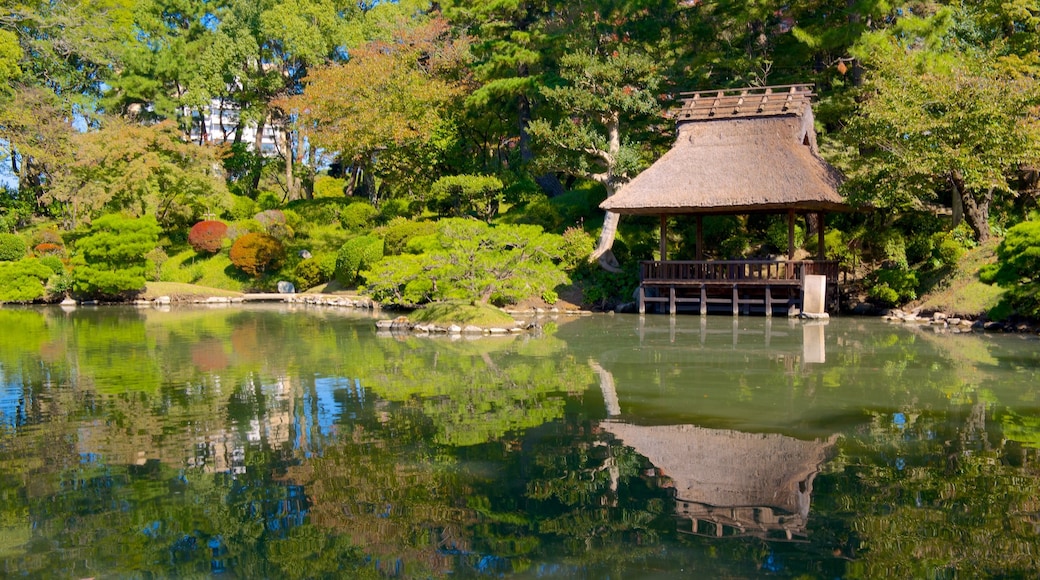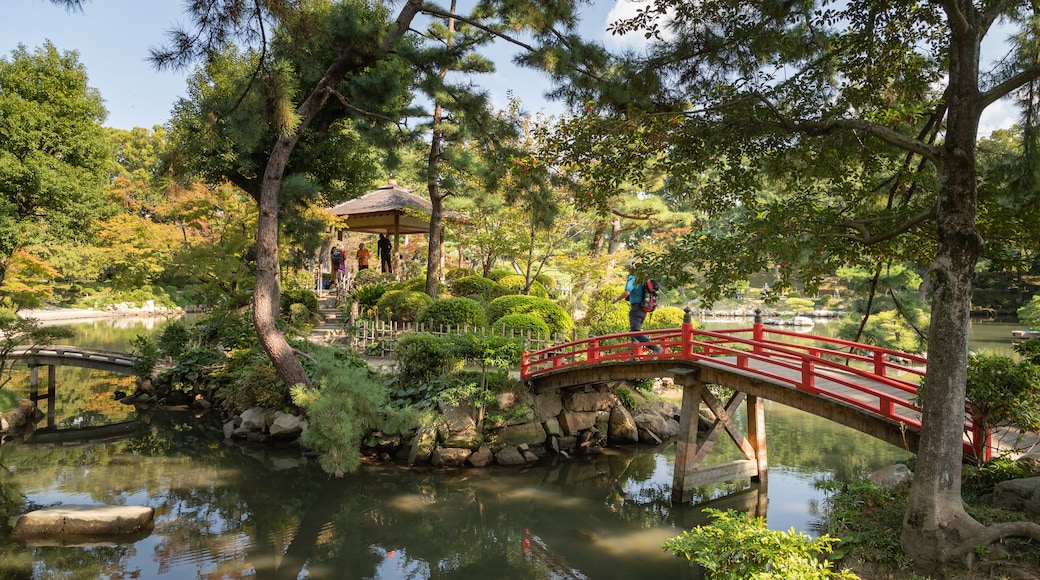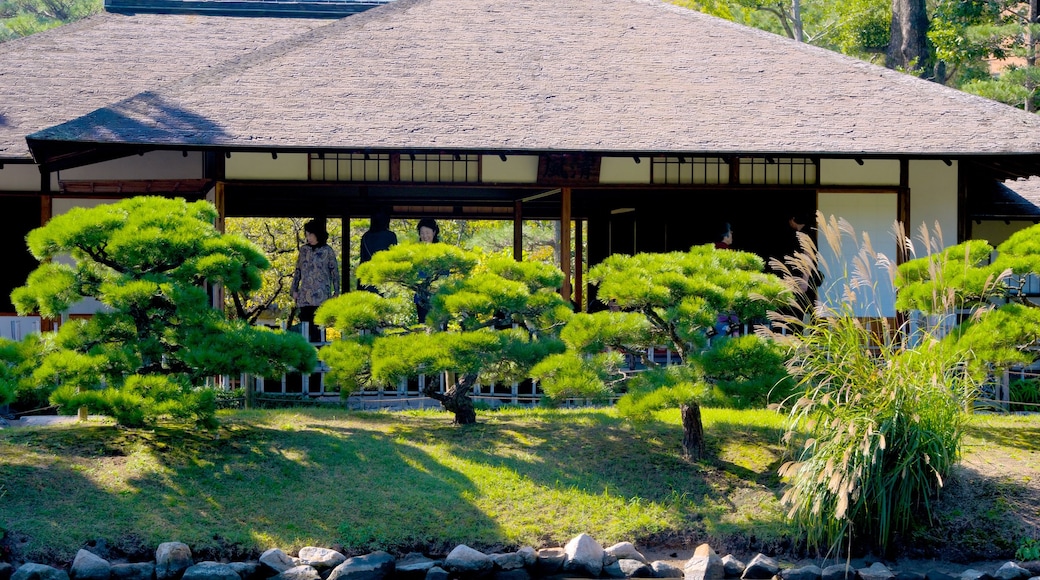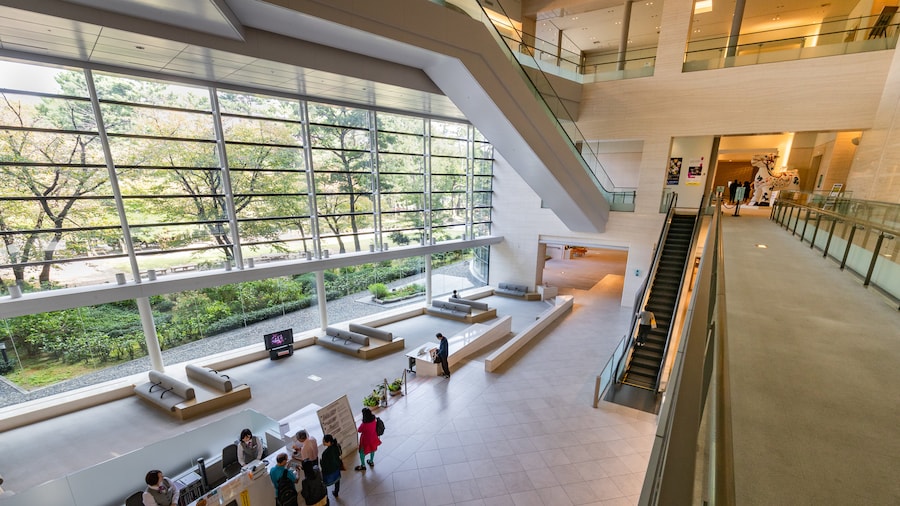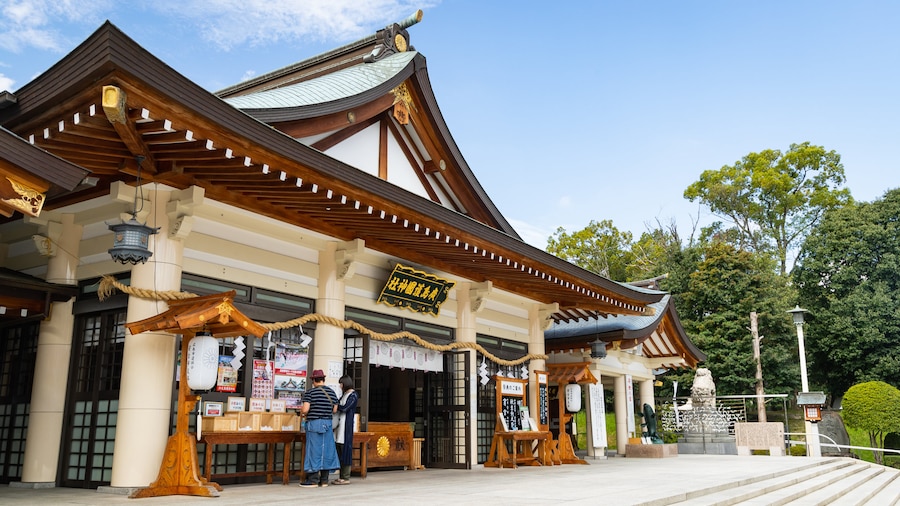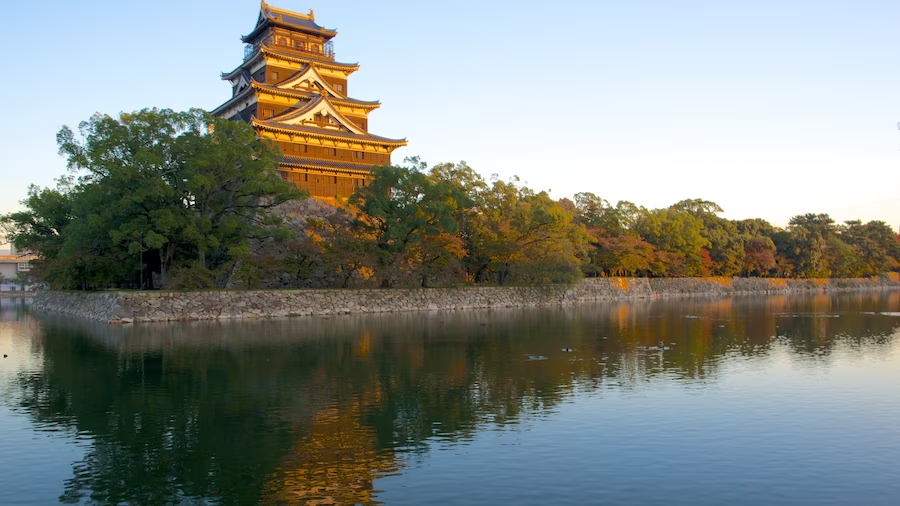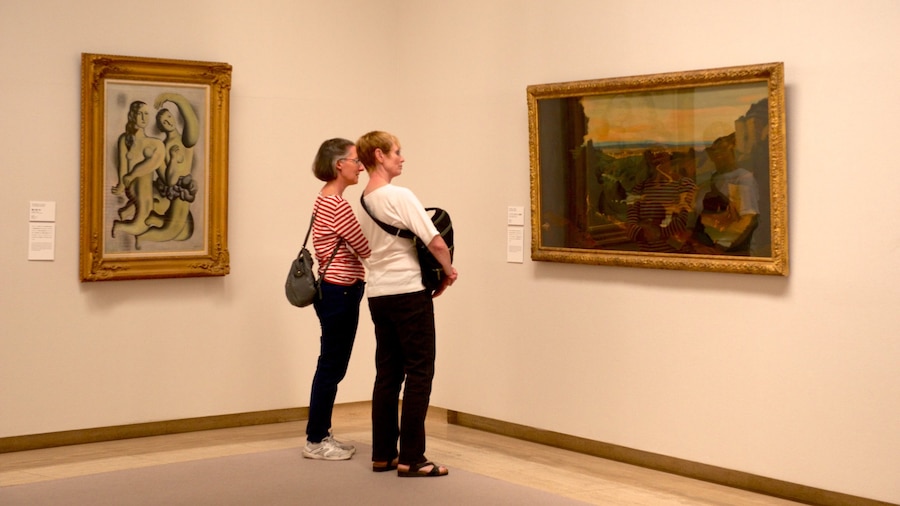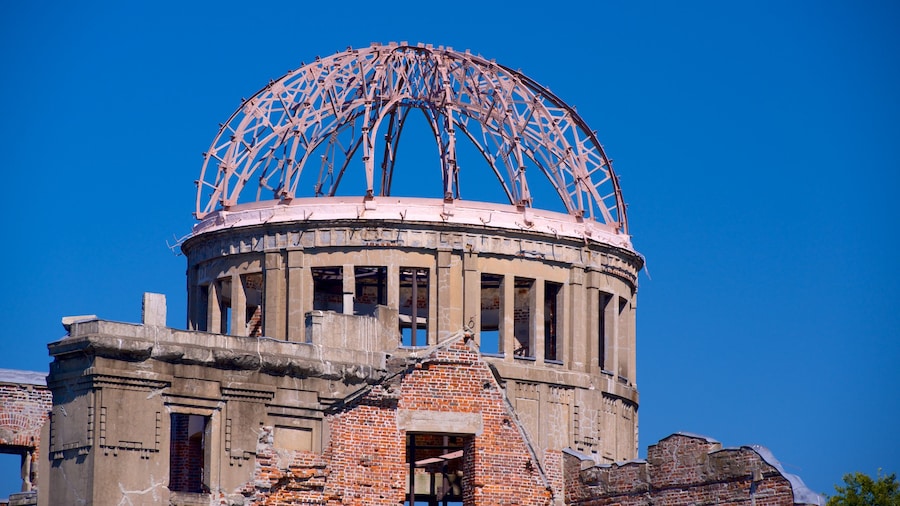You’ll be astounded at the carefully crafted miniaturized scenery in this traditional Japanese garden, complete with elegant teahouses, bridges and a serene lake.
Shukkeien is a traditional Japanese-style landscaped garden in Hiroshima. Translating to “shrunken-scenery garden,” this carefully cultivated garden shows a display of traditional Japanese aesthetics, only miniaturized. Meticulously clipped forests grow over tiny mountains and valleys, fringing small ponds and scenic bridges. Dating back to 1620, the garden holds a special place in the history of Hiroshima, both as a stunning sanctuary and as a refuge for survivors of the atomic bomb.
Explore the magnificent gardens, which have been traditionally maintained for centuries in the “circular tour” style. This means that you can join a path that loops past the garden’s most impressive elements and thus enjoy the garden as it was intended. The landscape was originally modeled on Xihu (West Lake) in Hangzhou, China. Wander around the small lake and spot turtles and Koi carp in the water. Marvel at the garden’s highlights, which include mountains, valleys, a wide lakeshore, a tea cottage and a bridge. The garden was designed with each season in careful consideration and so undergoes a stunning transformation from one season to the next.
Check out the elegant Koko-Kyo (Rainbow Bridge), an arched stone footbridge that connects the two sides of the lake. Spot the stunning “sukiyazukuri” style tea-cottage, Seifūkan. Admire the traditional shingled roof, lyre-shaped window and “shoinzukuri” writing chamber-style walls. Other teahouses can be seen dotted around the garden.
Grab a refreshing drink at the on-site café, which serves traditional-style teas and sweet treats. You can also collect souvenirs from the shop near the garden’s entrance. Shukkeien is open during regular business hours year-round, except for New Year’s Eve and New Year’s Day. Admission is inexpensive, with discounts for students and children. Walk to Shukkeien within 15 minutes from Hiroshima Station or disembark from a local tram at Shukkeien-mae Station.
Visit in spring when the gardens are wreathed in beautiful cherry blossoms. Rhododendrons and azaleas bloom throughout summer. In the fall, the deciduous trees become a beautiful palette of gold and red. Snowfall in the winter covers the elegant pagodas and low-hanging branches in dense white.
